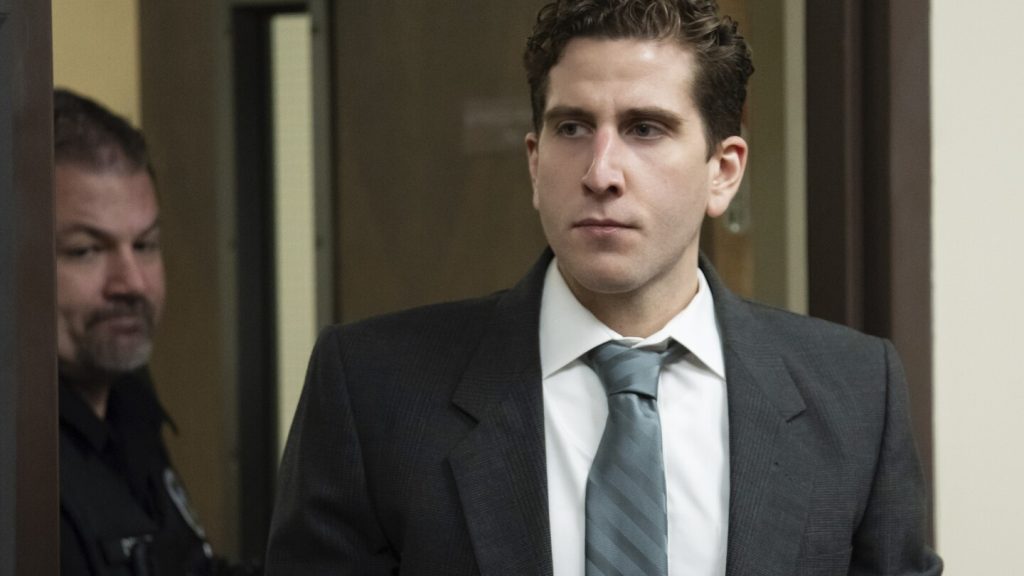Kohberger’s defense team sought to conduct phone surveys of potential jurors in the case, asking questions about various aspects of the case, including his arrest, DNA evidence, and a knife sheath found near one of the bodies. Prosecutors argued that the surveys violated a gag order issued by the judge and could prejudice potential jurors. However, the judge ruled that the surveys could continue as long as they did not violate the gag order, as most of the questions pertained to information already publicly available through court documents.
The bodies of the four University of Idaho students were discovered at a rental home near campus in November 2022. Kohberger, then a graduate student at Washington State University, was arrested more than six weeks later at his parents’ home in eastern Pennsylvania. The case has garnered significant attention, with prosecutors seeking the death penalty if Kohberger is convicted of the murder charges. The ongoing investigation and legal proceedings have sparked interest and speculation among the public, with rumors and discussions about the case circulating in various forms.
The judge’s ruling allowing the defense team to continue conducting phone surveys of potential jurors has raised concerns about the impact on the fairness of the trial. Prosecutors have expressed worry that the surveys could sway potential jurors’ opinions and prejudice them against the defendant. However, the judge noted that the questions posed in the surveys did not directly violate the gag order and were based on information that was already part of the public record. This decision has opened up the possibility for the defense team to gather further insights from potential jurors about their knowledge and perceptions of the case.
As the legal proceedings progress, the families of the victims and the community continue to seek justice for the tragic deaths of the four students. The case has brought attention to issues of safety and security on college campuses, as well as the challenges of navigating the criminal justice system in cases of violent crimes. The court’s decision to allow the defense team to conduct phone surveys adds another layer of complexity to an already emotionally charged and complex case, raising questions about the balance between the defendant’s right to a fair trial and the public’s interest in seeking justice for the victims.
Moving forward, the trial of Bryan Kohberger will likely continue to attract widespread media attention and public scrutiny. The defense team’s efforts to gather information through phone surveys will play a significant role in shaping the jury selection process and ultimately the outcome of the trial. As the legal proceedings unfold, the community will closely monitor developments in the case, seeking closure and accountability for the deaths of the four University of Idaho students. The judge’s ruling allowing the surveys to continue sets a precedent for the use of innovative methods in jury selection, highlighting the evolving nature of criminal trials in the digital age.















